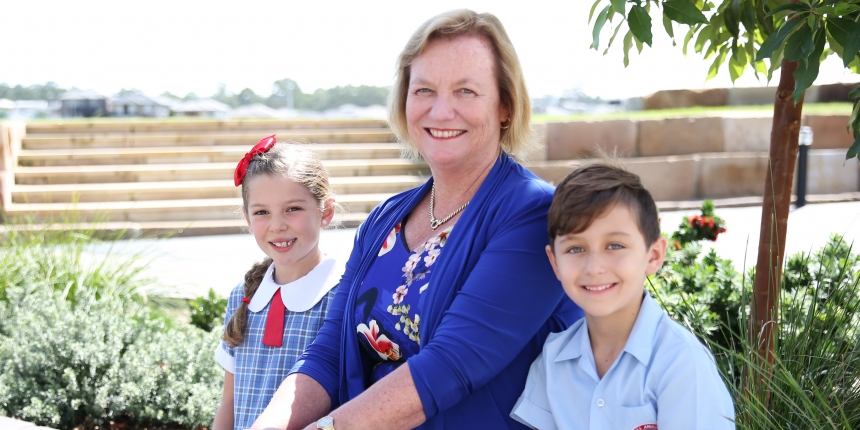This is a question posed to students across Australia in a national campaign against bullying. Our College has joined many schools and colleges across Australia in a stand against bullying. We want a united community approach to stamp out bullying and violence in our community and across our nation. This campaign is designed to help school communities to imagine a world free from bullying. It places the responsibility collectively between school, home and the students themselves. We all have a role to play in stamping out bullying. The ‘Bullying.No Way!’ website has a range of resources for parents and teachers or you can access our own School TV for more information.
What is bullying?
The national definition of bullying is:
Bullying is an ongoing misuse of power in relationships through repeated verbal, physical and/or social behaviour that causes physical and/or psychological harm. It can involve an individual or a group misusing their power over one or more persons. Bullying can happen in person or online, and it can be obvious (overt) or hidden (covert).
Bullying of any form or for any reason can have long-term effects on those involved, including bystanders.
Single incidents and conflict or fights between equals, whether in person or online, are not defined as bullying.
Bullying isn’t
- a mutual argument or disagreement
- not liking someone or a single act of rejection
- one off acts of meanness or spite
- Isolated incidents of aggression, intimidation or violence
These issues still need to be addressed using our College policies but they are not classed as bullying.
I think my child is being bullied, what should I do?
Your first response when a child shares a concern about bullying with you makes a difference to the outcome. Staying calm, listening carefully, not jumping to conclusions, not rushing to solve the problem for them and working with the College to address the issues is essential. The website outlines some steps on how parents and carers can respond as well as helpful videos and strategies for supporting your child.
Children and young people who know what bullying is, and know what to do about it if it happens, also know they are not alone in dealing with it.
They know that parents and teachers will be willing to help if needed.
Don't wait for bullying to happen to talk about it. Go to the website, get some ideas then talk to your children, give them strategies to cope, work with teachers and counsellors and come together as a community to say:
Visit www.bullyingnoway.gov.au for more information.





